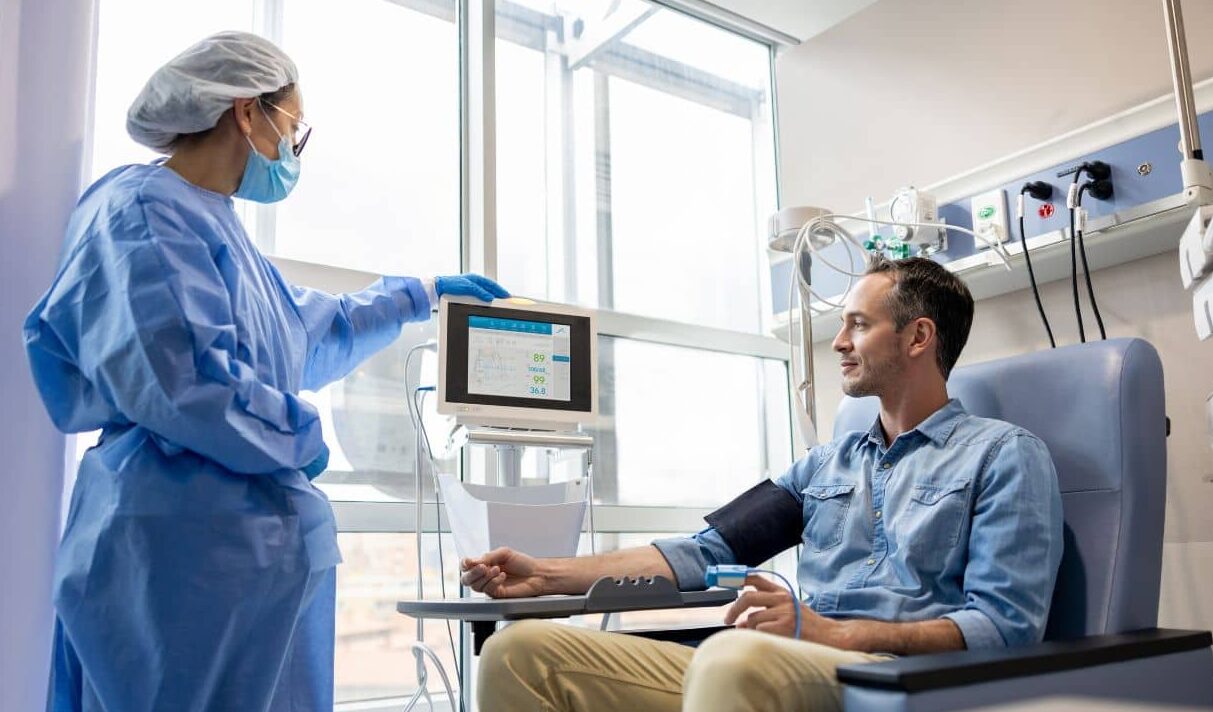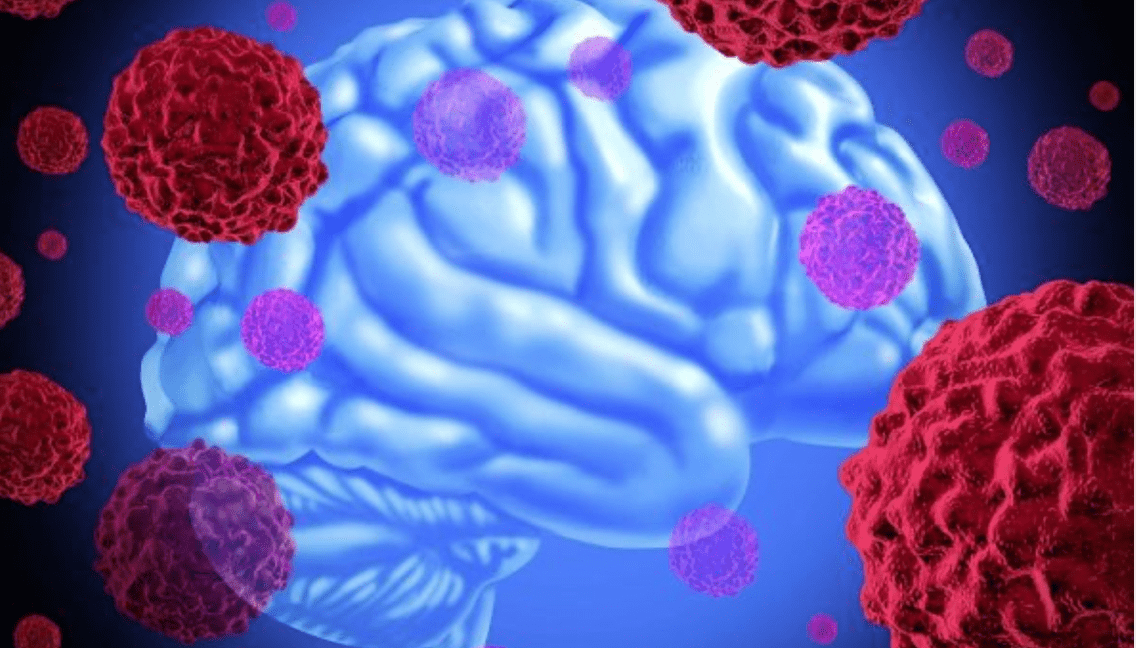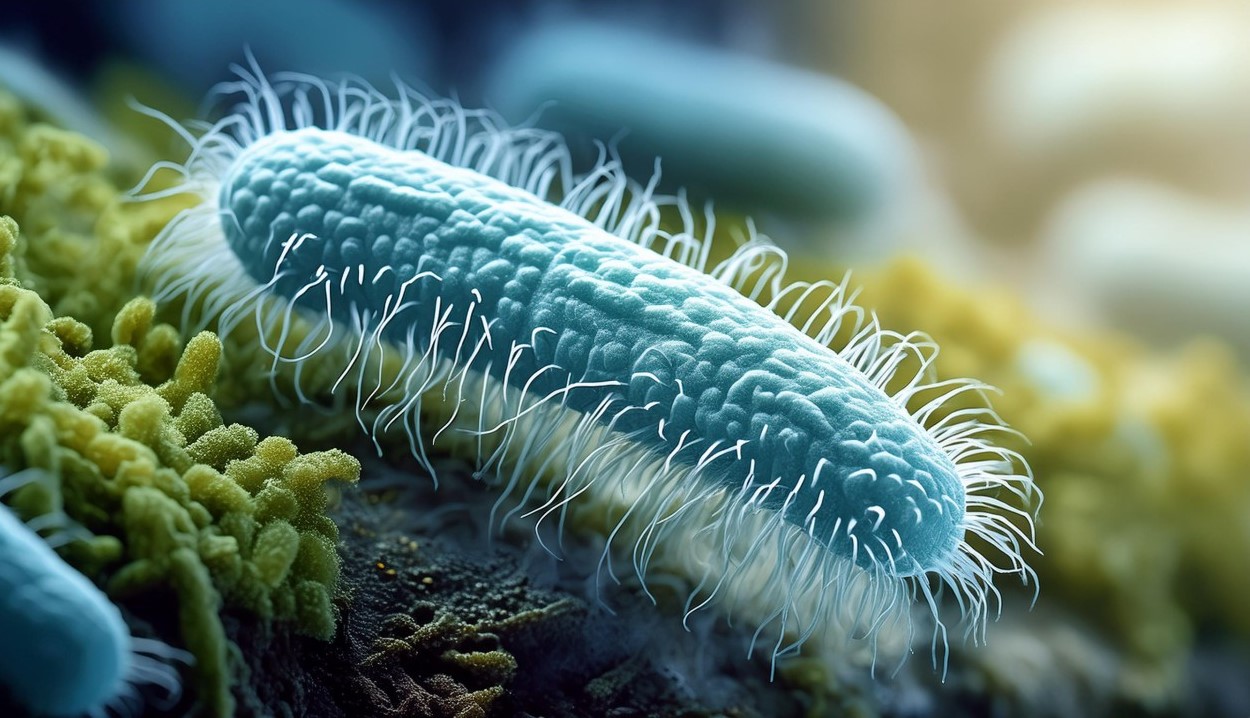-
 News
When glucose levels are low, chemotherapy ceases to affect cancer cells
News
When glucose levels are low, chemotherapy ceases to affect cancer cells
-
 News
Excessive treatment of prostate cancer in older men may reduce quality of life without increasing its duration
News
Excessive treatment of prostate cancer in older men may reduce quality of life without increasing its duration
-
 News
Brain cancer can be cured by viruses
News
Brain cancer can be cured by viruses
-
 News
Ways to reduce lymphatic pain in breast cancer have been found
News
Ways to reduce lymphatic pain in breast cancer have been found
-
 News
Scientists have turned bacteria into a powerful weapon against cancer
News
Scientists have turned bacteria into a powerful weapon against cancer
All news
Colon cancer treatment
- More than half a million new cases are reported annually.
- The average age of affected men is 65 years, women – 70 years.
- Over the past decade, the incidence of deaths in developed countries has decreased by 20%.
Modern diagnostics: colonoscopy, CT, PET, laboratory tests for tumor markers.
Innovative treatment: non-invasive and invasive removal options, radiochemotherapy, immunotherapy, targeted therapy.
MedTour patients recommend clinics for the treatment of colon cancer:
Doctors for the treatment of colon cancer
Patient reviews
Good!
I want to share my experience with Liv Hospital, where I had a prostate removal surgery due to cancer. From the very beginning, everything was well-organized – the staff helped me with all arrangements, and the doctor explained everything in detail. The hospital itself is very modern and clean, which made me feel more comfortable.
The surgery went well, and I was surprised how fast I started recovering. Now, a few months later, I feel much better and my tests show good results. I’m really grateful to the doctors and nurses at Liv Hospital for their professionalism and care. If anyone is looking for high-quality prostate cancer treatment, I can definitely recommend this place.
Frequently Asked Questions
This is a mutation of cells in the large intestine with the formation of a malignant neoplasm.
The following risk factors can be the cause:
- smoking,
- obesity,
- passive lifestyle,
- colon polyps,
- long-term inflammatory bowel disease.
Symptoms include:
- blood in the stool,
- constipation or diarrhea,
- abdominal pain,
- weight loss.
There are 4 stages:
- only the surface layers of the colon are affected.
- the deep layers of the intestinal wall are infiltrated.
- adjacent lymph nodes are affected or the tumor grows in the tissue around the intestine.
- there are tumors in other organs (distant metastases).
Depending on the stage, the 5-year survival rate is 92% for the first and 11% for the last.
For diagnostics use:
- colonoscopy,
- CT, PET,
- laboratory tests for tumor markers.
For treatment use:
- non-invasive and invasive operations,
- radiochemotherapy,
- immunotherapy,
- targeted therapy.
The main advantages of foreign hospitals:
- competent doctors and nursing staff,
- modern equipment and innovative technologies,
- availability of all the necessary drugs and devices in one building,
- own laboratories and research centers.
Colon cancer diagnostics
The exact diagnostic method in this case is colonoscopy. The doctor inserts a flexible, tube-like device into the anus and examines the alimentary tract. If necessary, tissue samples (biopsies) are taken from suspicious areas.
CT scan
If the inside of the intestine is narrowed in one place, the endoscope may not pass through the narrowing and the doctor may therefore no longer be able to look at the rest of the intestine. The intestines are then also shown using computed tomography.
Pros of the method: detects metastases in other organs and lymph nodes.
Disadvantages of the method: using computer imaging, you cannot take samples and remove polyps.
Laboratory tests
Performed before surgery to remove the tumor: determine the level of the CEA protein in the blood – carcinoembryonic antigen. This tumor marker is elevated in almost one third of all patients with colon cancer, but decreases after surgery. During follow-up, the CEA value is checked regularly. If it increases, there is a relapse of the disease.
Colon cancer treatment
If the tumor was detected early and its size is up to 1-2 centimeters, use non-invasive or minimally invasive methods:
- removal during colonoscopy,
- endoscopic mucosal removal,
- laparoscopic resection.
If the cancer has reached the last stages, use:
- colon resection and stomy,
- removal of presenting lymph nodes.
Adjuvant therapy
Patients with advanced disease receive supportive care after surgery. It affects the entire body. The goal is to destroy all cancer cells. Many well-known hospitals use the following scheme:
FOLFOX scheme:
- combined folic acid,
- fluorouracil,
- oxaliplatin.
Other treatments:
- Targeted therapy – aimed at inhibiting the growth of tumor cells. Target therapy is often combined with chemotherapy.
- Chemotherapy – active substances are used. They suppress the division of tumor cells.
- Radiation therapy – the cancer site is irradiated. It can be combined with surgery and chemotherapy.
- Palliative care – aims to reduce symptoms and improve the patient’s quality of life.
Published:
Updated:


Information on this webpage verified by the medical expert









Does Ralf buhl also remove brain lipomas?